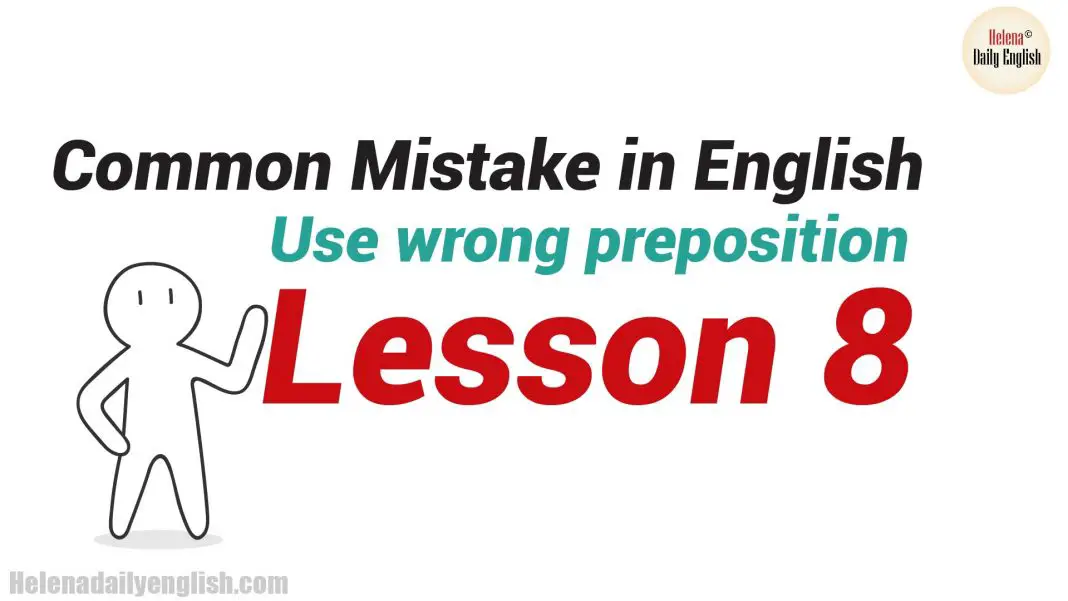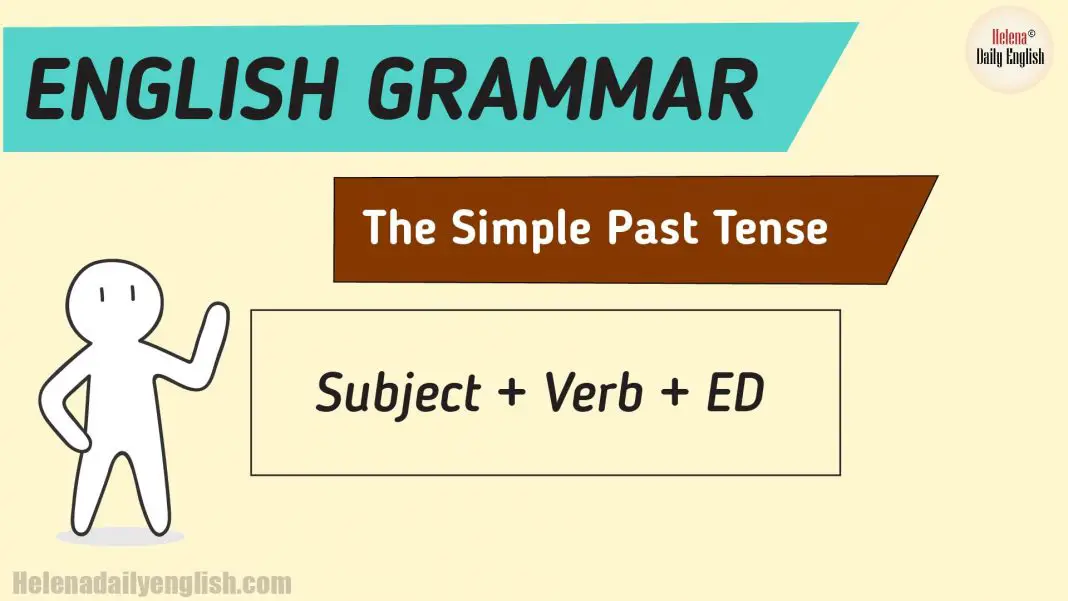Mistakes are often made by using the wrong preposition after certain words. The following list includes the words which most often give trouble:
We believe that you can speak English Correctly after avoiding these mistakes.
1. Translate into, not to.
- Don’t say: Translate this passage to English.
- Say: Translate this passage into English.
2. Tremble with cold, etc., not from cold. etc.
- Don’t say: The man was trembling from cold.
- Say: The man was trembling with cold.
Note: Also shake with and shiver with
- Example: The thief was shaking with
3. Warn (a person) of danger, not about danger.
- Don’t say: They were warned about the danger.
- Say: They were warned of the danger.
Note 1: Use warn about foe specific things.
- Example: They warned us about the traffic jam in the road
Note 2: We warn a person against a fault.
- Example: His teacher warned him against breaking the rules.
4. Write in ink, not with ink.
- Don’t say: I’ve written the letter with ink.
- Say: I’ve written the letter in ink.
Note 1: We use in when we are referring to the final work
- Example1: The drawing was done in charcoal
- Example2: Dora writes her letters in green ink
Note 2: When we are referring to the instrument used we use with
- Example1: The children art learning to write with a pen
- Example2: Helen prefers to paint with a thin brush
5. Without, etc. + ing.
- Don’t say: Do your work without to speak.
- Say: Do your work without speaking.
6. Instead of, etc. + ing
Don’t say: He went away instead to wait.
Say: He went away instead of waiting
7. Capable of + -ing.
- Don’t say: They’re quite capable to do that.
- Say: They’re quite capable of doing that.
Note1: Also incapable of;
Note2: to + the infinitive follows able or unable
- Example1: He is unable to do anything
8. Fond of + -ing.
- Don’t say: She’s always fond to talk.
- Say: She’s always fond of talking.
9. Insist on + -ing.
- Don’t say: Simon insisted to go to London.
- Say: Simon insisted on going to London.
10. Object to + -ing.
- Don’t say: I object to be treated like this.
- Say: I object to being treated like this.





